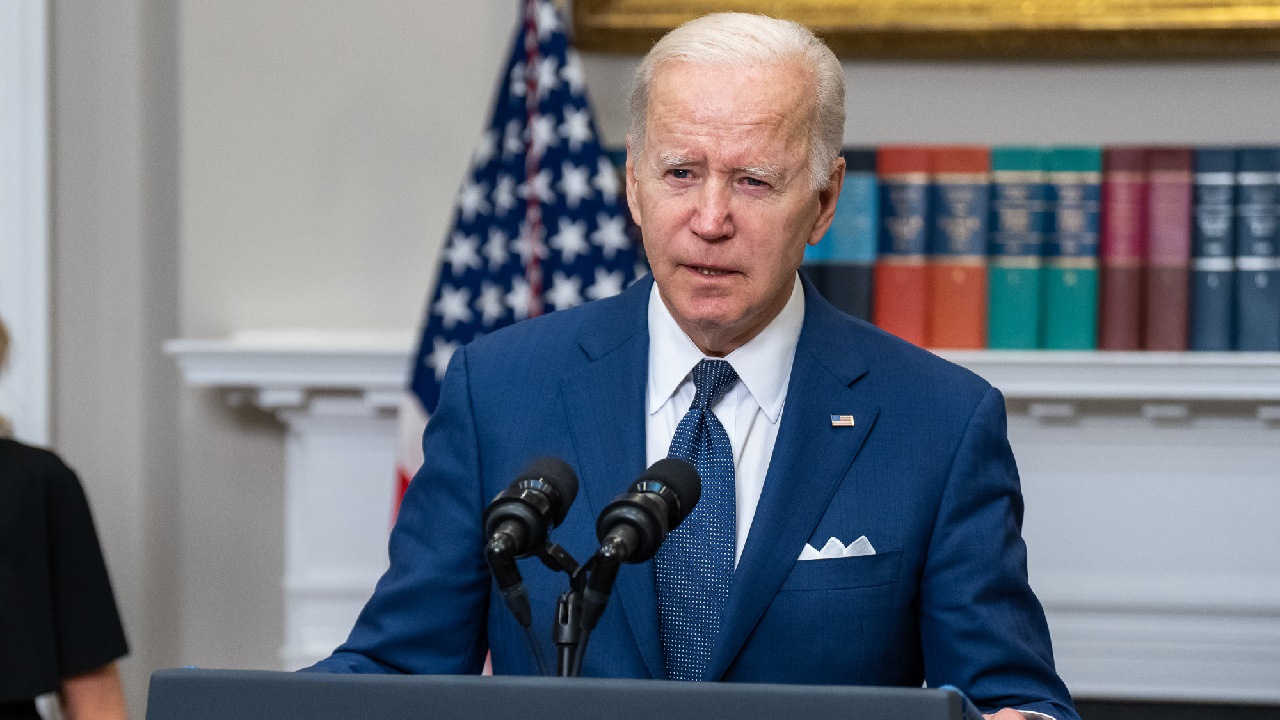The Central African Republic is resource-rich and governance poor. For decades, France considered the former colony merely a country from which to extract diamonds and other riches while ignoring the country’s erratic, if not predatory, leadership.
The decline of French influence across Africa reflects the legacy of this cynicism. The country is home to a UN mission that now costs more than $1 billion annually. A bilateral Rwandan deployment secures the capital and President Faustin-Archange Touadéra.
Hindsight shows the international community’s initial optimism toward Touadéra, a former university professor, was unmerited. Touadéra increasingly shows an addiction to the trappings of power but cares little for the responsibility; he disappears several days each week to his ancestral village to be with his wives and for leisure.
Enter the Wagner Group
The Central African Republic may be among Africa’s poorest state, but its strategic geography is crucial. In 2018, Touadéra welcomed the Wagner Group into the Central African Republic, ostensibly to help push back insurgent groups infiltrating from the north. It was from their Central African safe-haven that they were able to expand their influence into Burkina Faso and Mali, and today threaten even Liberia, Sierra Leone, and the Côte d’Ivoire.
When I visited the Central African Republic last year, I stumbled upon a monument to Wagner mercenaries just a couple hundred meters from the presidential palace. Officials from the United Nations, non-governmental organizations, and the Central African Republic’s own government, acknowledged that Wagner had sunk its roots up country to exploit the country’s lucrative mines. UN officials complained that they often had to deal with both the aftermath of Wagner human rights violations and its interference with their apprehension of insurgents.
Enter Joe Biden
Earlier this year, President Joe Biden hosted a US-Africa Leaders’ Summit. While he postured about democracy and engagement, at the summit itself, he pandered to the most abusive leaders. Still, Biden, Secretary of State Antony Blinken, and National Security Advisor promised that the United States would be back, and that Africa could rely on its revitalized American partnership.
The test to their sincerity is now. Touadéra has set a referendum for July 30, 2023, to vote on a revised constitution that, among other things, scraps limits on his term. Wagner reinforcements pour into the country.
In effect, Biden’s team is watching a Wagner coup d’état in slow motion and doing nothing. What happens in the Central African Republic does not stay in the Central African Republic, given its six land borders with other African states whose security is also tenuous. The country’s alluvial fields contain tens of billions of dollars in diamonds. Its gold mines are similarly wealthy, and the country has significant uranium resources. Should Ukraine become a frozen conflict, the wealth Russia pumps out of the Central African Republic could help underwrite Russian war efforts and/or be used to further Russian-backed coups and insurgencies across the continent.
Biden, Blinken, and Sullivan’s silence is deafening, not only in the Central African Republic, but across the region. Here in Kinshasa, Democratic Republic of Congo, from where I write this, politicians from across the political spectrum as well as civil society leaders note that Africans now associate American diplomacy with “white world problems” like gay and transgender rights, but the Americans remain absent on the issues Africans care about, like business, investment, and security.
After Touadéra sells his country to the Russians for personal power and enrichment in the same manner that self-styled “emperor” Jean-Bédel Bokassa once did with the French, the United States can criticize and sanction, but such after-the-fact virtue signaling just highlights the neglect of any serious engagement prior to the crisis.
It is time for the United States to reinforce and help train militaries and intelligence services among the Central African Republic’s neighbors, help underwrite and use Rwanda’s stabilizing mission in Bangui as a foot in the door while simultaneously U.S. forces to the north and east of the country should work to deny Wagner trade routes and exports.
To both Russia and across Africa, though, Biden’s silence suggests disinterest in Russian ambitions and African lives. Sullivan must understand: the world is bigger than Ukraine.
Now a 19FortyFive Contributing Editor, Dr. Michael Rubin is a Senior Fellow at the American Enterprise Institute (AEI). Dr. Rubin is the author, coauthor, and coeditor of several books exploring diplomacy, Iranian history, Arab culture, Kurdish studies, and Shi’ite politics, including “Seven Pillars: What Really Causes Instability in the Middle East?” (AEI Press, 2019); “Kurdistan Rising” (AEI Press, 2016); “Dancing with the Devil: The Perils of Engaging Rogue Regimes” (Encounter Books, 2014); and “Eternal Iran: Continuity and Chaos” (Palgrave, 2005).
From 19FortyFive
The Second American Civil War Has Begun

